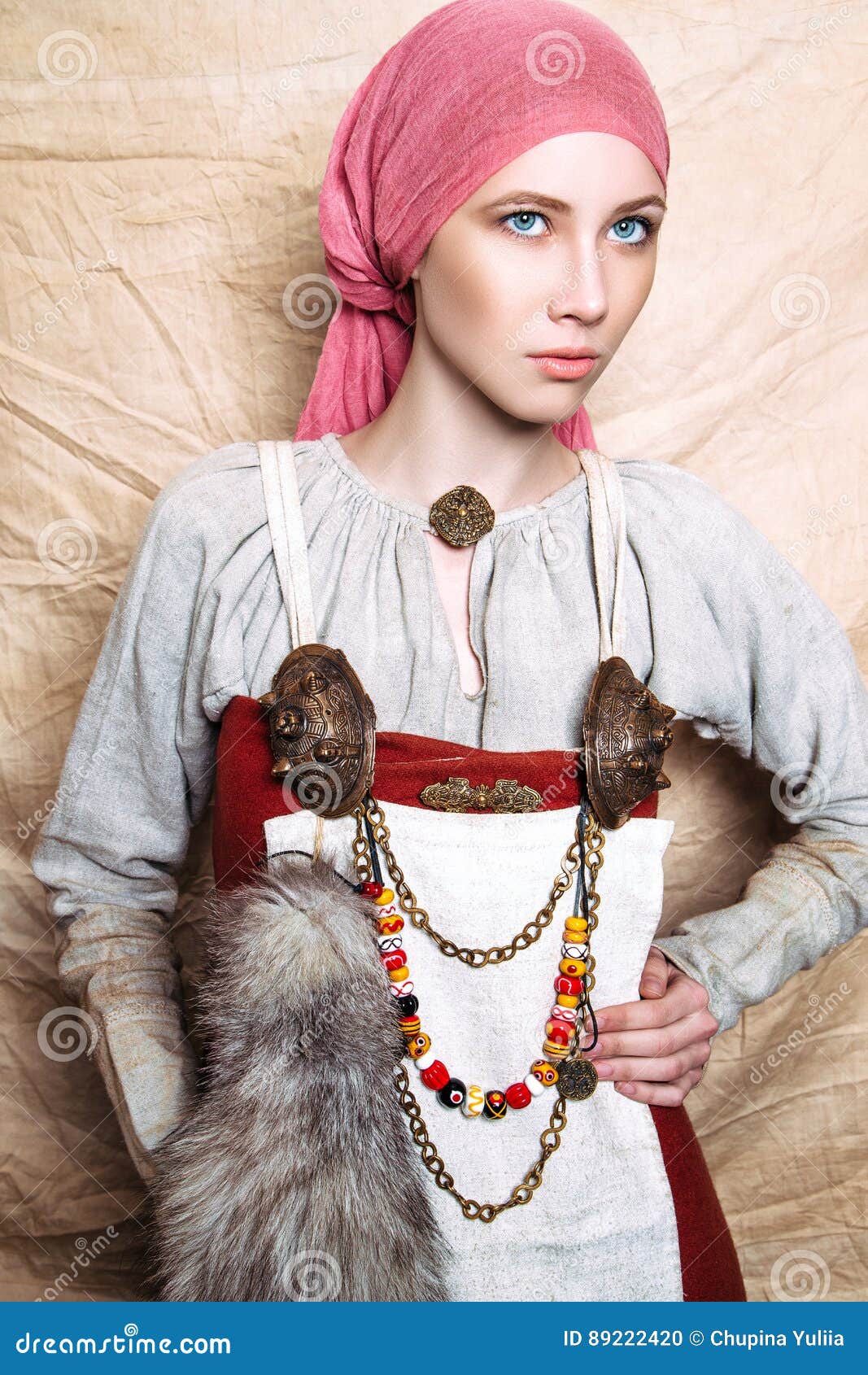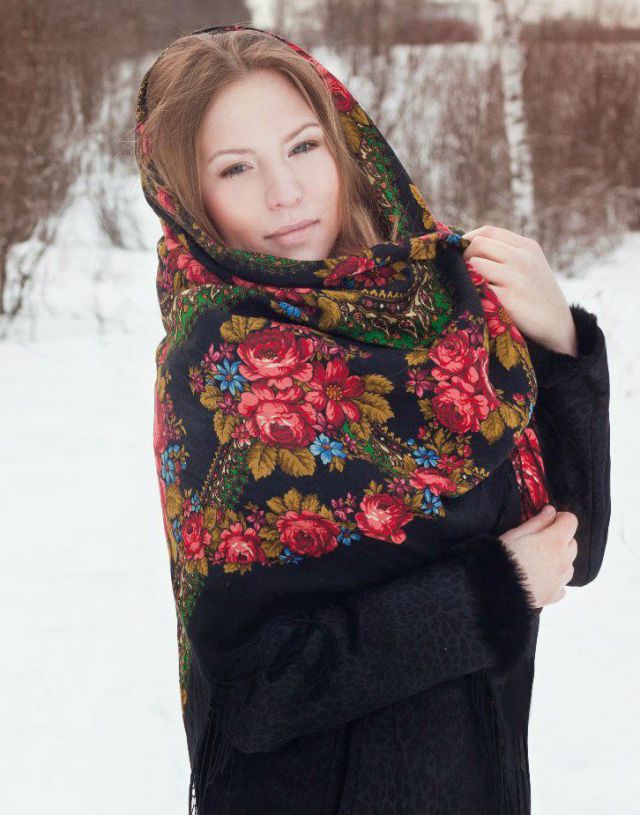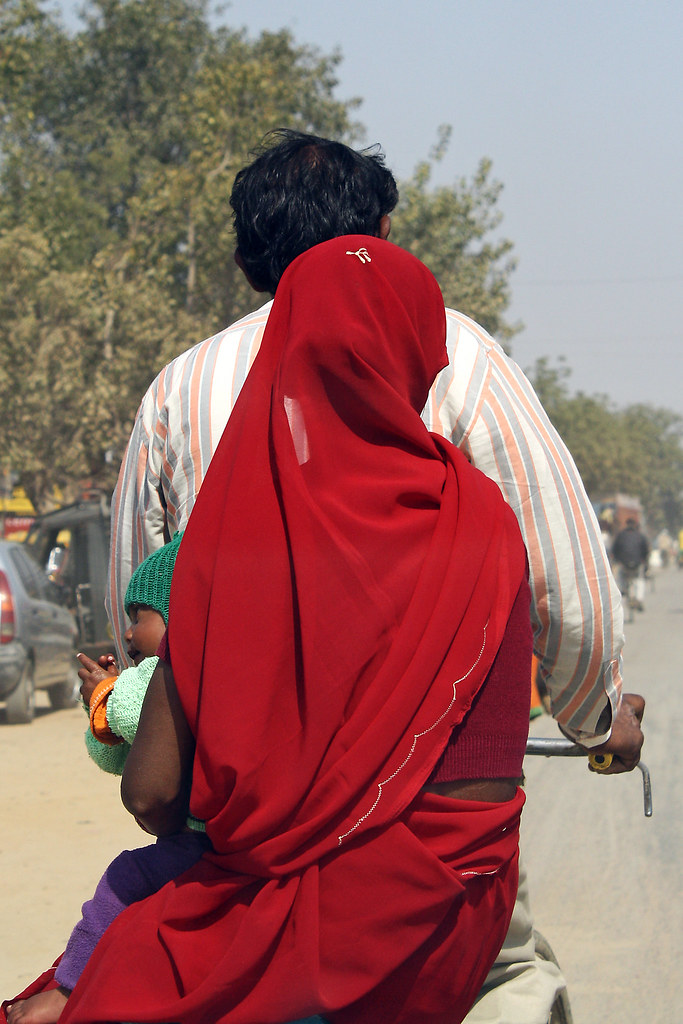There are many challenges that people must overcome in order to be effective in intercultural Eastern ties. These spouses face special difficulties that are n’t present in other types of relationship, whether it’s because of cultural and thought barriers, religious groups https://www.amazon.com/All-Women-Are-Beautiful-Perfect/dp/1503352633 that reject the wedding, or home disapproval. This article examines some of the most typical roadblocks to these connections and offers suggestions for how newlyweds is overcome them.
Despite the difficulties, interfaith Asiatic interactions are expanding globally. Luckily, these newlyweds have access to a wide range of resources that can assist them in navigating the numerous facets of their respective religions and cultures. Admiration for each other’s spirituality and beliefs is one of the most crucial of them all. It is also crucial that the handful decides how they want to raise their dating azerbaijani women children, whether it be for them to only practice Hinduism, Buddhism, or Christianity or to have a mixed lifestyle.
Native-born Asian Americans and Catholics are more comfortable with theological marriage than different faith-based teams, according to a research by the Pew research center. However, Eastern American Hindus and Buddhists are less cozy with for marriages. The review even found that nearly nine- in- ten engaged Eastern American Protestants and catholics are married to someone from their own religion, while Asian American Hindus are less probable to be in such a marriage.
This is not surprising given that many adherents of a particular religion struggle to let go of their old values and adopt innovative people. This is particularly true for people who live in mixed-religious households or are in an interracial connection. It is essential for these people to get assistance from a professional who can support them with their spiritual transition. In the end, it’s best to deal with these issues as soon as possible to prevent additional problems.

Although the idea of marrying someone who practices a different church is generally met with resistance, the truth is that it is happening more frequently than ever. This is especially true for the growing number of Asians who are married to people of different religious backgrounds. In fact, the number of interfaith marriages in Asian nations is skyrocketing, according to a report by the Christian Mission Society of Asia ( Cmsa ).
Nevertheless, as this trend develops, there are a number of particular difficulties that may result from it. These couples must find ways to overcome these challenges in order to have a happy and long-lasting relationship, whether it be family disapproval, spiritual organizations that do n’t support the marriage, or cultural and language barriers. Interfaith couples should, according to Manahil Butt, a cultural handler who works well with them, concentrate on the qualities they share and have serious conversations about their mental differences right away. She advises these people to address these issues as soon as possible in order to lay a solid foundation for their organisations and warns that ignoring these problems will only make them worse in their associations in the future.









